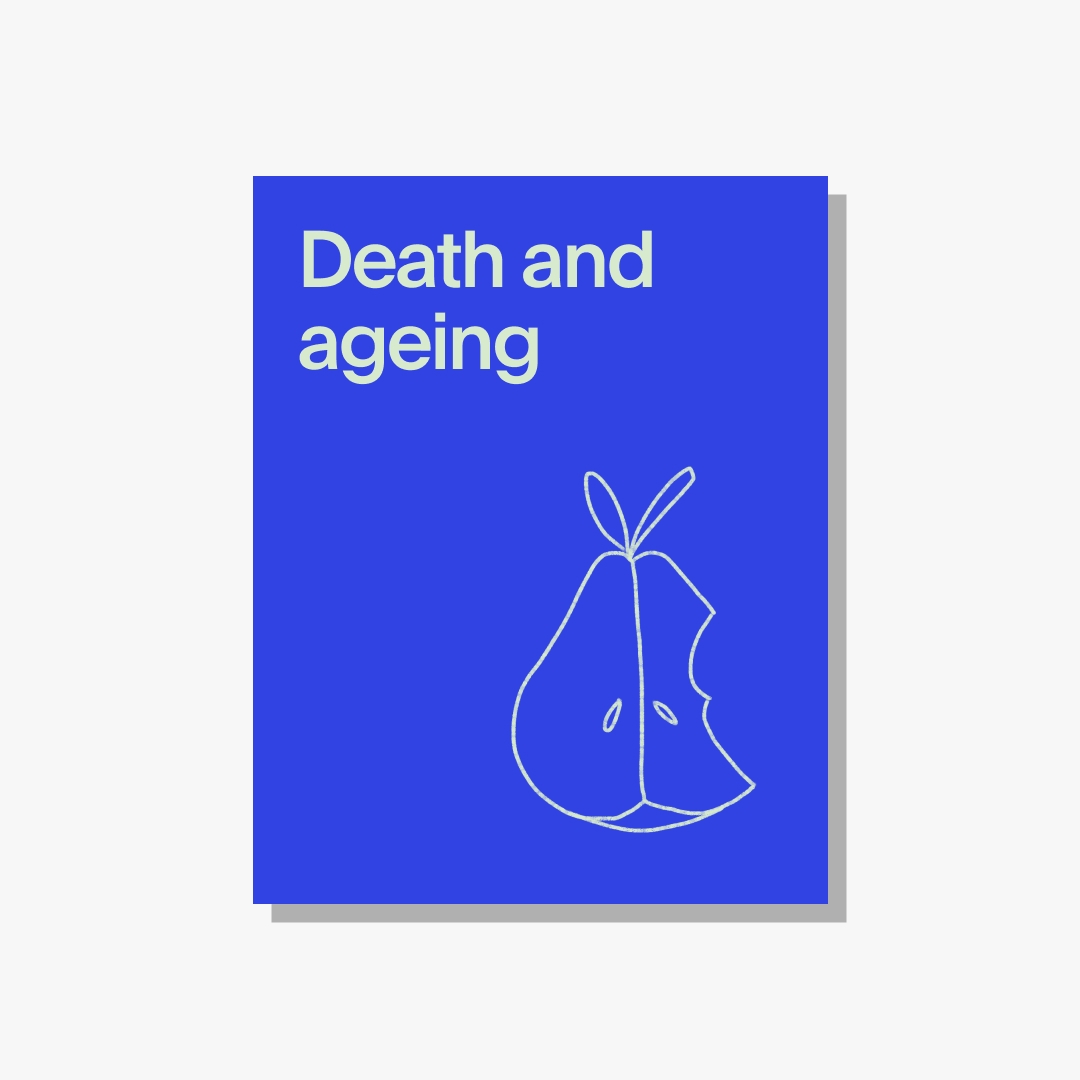Many of the experiences that go along with growing old, getting sick and dying are never going to be great. But they can be a lot better than they currently are. If you came here hoping to see electric-powered flying coffins and virtual reality funerals... sorry. The future will have more tech, but redesigning death and ageing starts with a wide lens. A whole series of the experiences that currently occur as we grow old, get sick, and die, are way more unpleasant and frustrating than they need to be. Equally — or more — so for those close to and caring for us. We want to make them better.
Download our report on the future of death and ageing

We are all end users... so why does it suck so much?
To encourage conversation and make change possible in these important areas, Portable embraces the following values:
First, we are 'death and ageing positive', encouraging us to embrace rather censor discussions about these topics.
Second, everyone is an 'end user', and we will likely experience the death of others before our own, and each and everyone one of us has an interest in making it a good experience.
Third, a good death is a human right, and we need to be able to articulate what this means for ourselves and communicate it outwards.
And fourth, death and ageing are areas in need of social and policy engagement, and we are optimistic that using a human-centred approach we can make a difference.
Portable’s mission is to seek out areas across social need and policy failure and generate change using design and technology.
Since 2006, we have delivered over 600 digital projects for clients in government and for-purpose organisations, in both Australia and the United States. We are a team of 33 researchers, designers and developers who care deeply about how everyday people experience the services provided by government and organisations.
We make change by combining our design capabilities with experts. This means subject-matter experts and, crucially, real people: all of whom are the experts of their own experience.
More than 200 experts and non-experts were involved in this research. We had conversations, conducted surveys, facilitated interviews and held dinners. We did these things to learn more about people’s attitudes to death and ageing. This design challenge sparked our curiosity because everyone is an end user. Everyone will die someday, and everyone will know someone who will die. We wanted to explore how to design a good death experience.
We are all end users... so why do the experiences around death and ageing suck so much more than they need to?